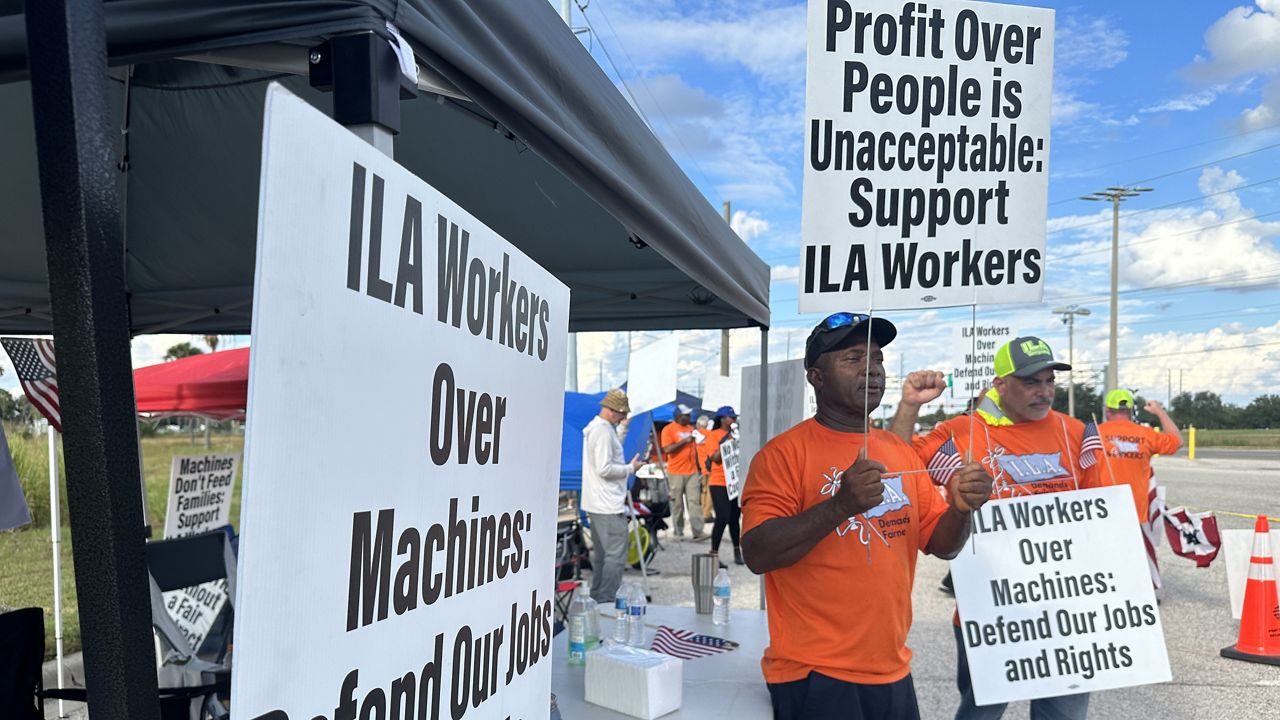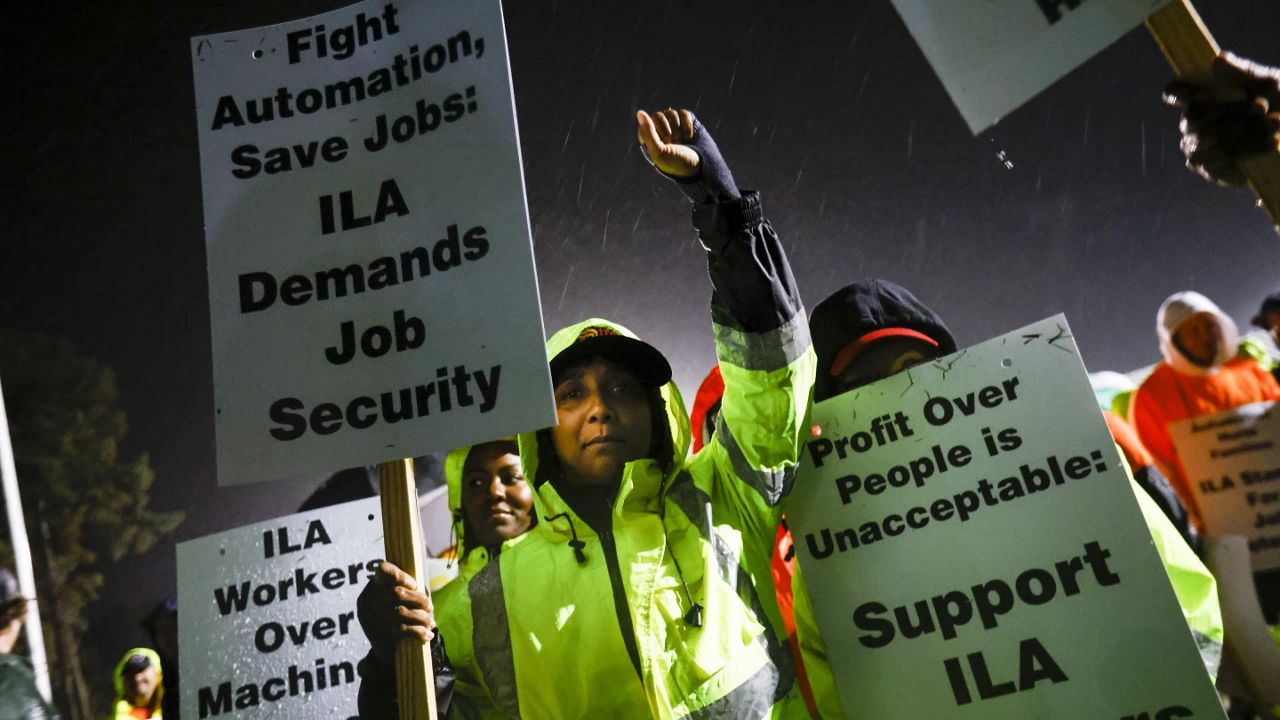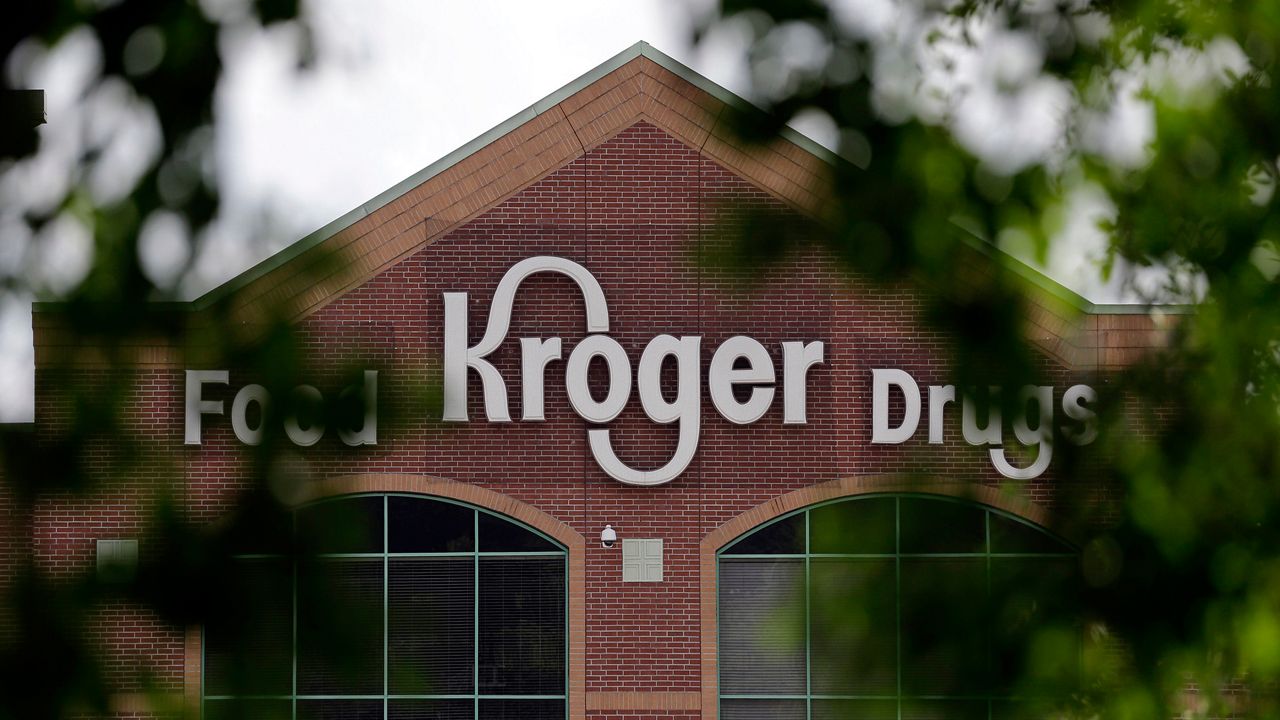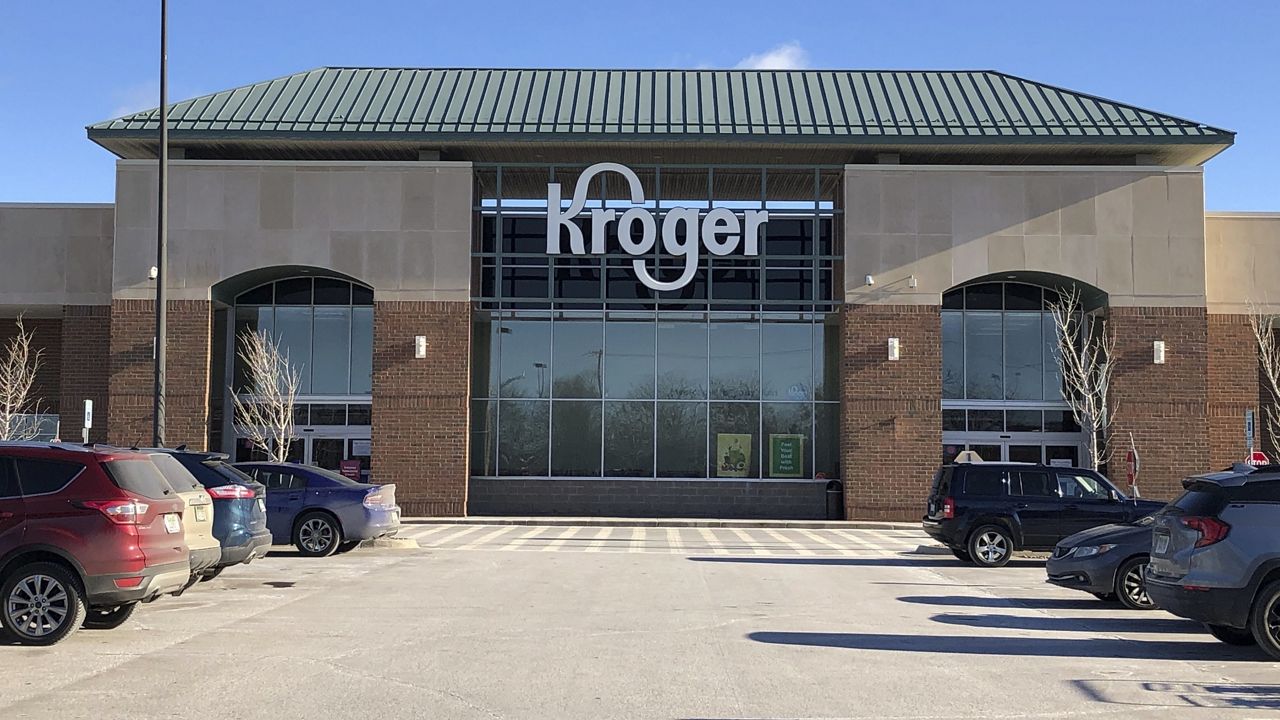Contract negotiations between UPS and one of the country's largest labor unions broke down early Wednesday morning, with both sides accusing the other of fault as the deadline for a deal quickly approaches.
What You Need To Know
- UPS and the Teamsters union walked away from the bargaining table Wednesday with no contract deal
- The current contract, covering over 340,000 workers, expires July 31
- If a deal is not reached before then, more than half of the logistics company's workforce will be on strike starting Aug. 1
- UPS delivers around 25 million packages a day, representing about a quarter of all U.S. parcel volume
Officials with Teamsters and UPS walked away from the bargaining table with no deal for a contract covering over 340,000 workers. The lack of a new contract makes the threat of the largest labor stoppage in half a century grow stronger, as the current Teamsters contract expires July 31.
If a deal is not reached by then, the union's delivery drivers, package handlers and other workers—representing over half of the company's workforce—will strike starting Aug. 1.
“This multibillion-dollar corporation has plenty to give American workers—they just don’t want to,” said Teamsters General President Sean M. O’Brien. “UPS had a choice to make, and they have clearly chosen to go down the wrong road.”
In a counter statement early Wednesday, UPS officials blamed the union for walking away from negotiations that the company was willing to continue.
"We have nearly a month left to negotiate. We have not walked away, and the union has a responsibility to remain at the table," UPS said in a statement to Spectrum News. "Refusing to negotiate, especially when the finish line is in sight, creates significant unease among employees and customers and threatens to disrupt the U.S. economy. Only our non-union competitors benefit from the Teamsters’ actions."
In June, the Teamsters said 97% of unionized workers voted for a strike authorization, which the union urged to give it more leverage during negotiations with the company.
The Teamsters represent more than half of the company’s workforce in the largest private-sector contract in North America. If a strike occurs, it would be the first since a 15-day walkout by 185,000 workers crippled the company a quarter century ago.
UPS delivers around 25 million packages a day, representing about a quarter of all U.S. parcel volume, according to the global shipping and logistics firm Pitney Bowes. That’s about 10 million parcels more than it delivered each day in the years leading up to the pandemic.
UPS profits have soared since the pandemic began in 2020 as millions of Americans grew to rely on delivery to their doorstops.
Annual profits at UPS in the past two years are close to three times what they were pre-pandemic. The Atlanta company returned about $8.6 billion to shareholders in the form of dividends and stock buybacks in 2022, and forecasts another $8.4 billion for shareholders this year.
There are no additional negotiations scheduled at this time, but UPS has encouraged the Teamsters to return to the table.
"We’re proud of our offer. It delivers wins for our people. The Teamsters should return to the table to finalize this deal."
The Associated Press contributed to this report.










